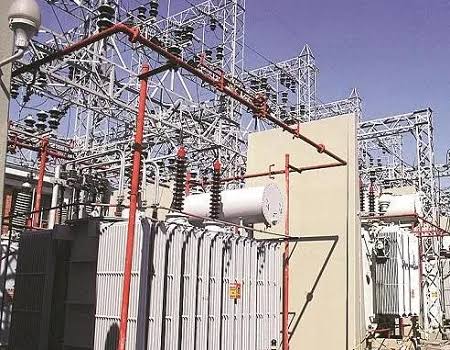
The national electricity grid actually crashed from a peak of 3,703 megawatts to as low as 9MW on Sunday June 12, as confirmed by figures obtained from the Nigeria Electricity System Operator, an arm of the Federal Government’s power transmission company, on Monday June 13.
Sunday’s grid collapse was the fifth in 2022 and this led to a nationwide blackout. NESO’s data showed the peak generation on Sunday of 3,703MW was recorded at 5am. It however crashed to 9MW at 7pm on Sunday, leading to the eventual collapse of the national grid.
Punch also reported that due to the unstable power supply, Nigerian politicians have been asked to stop “generating political megawatts” ahead of the 2023 election.
An industry expert, who doubles as President, Nigeria Consumer Protection Network, Kunle Olubiyo said;
“Stop generating political megawatts. Stop generating electric power on the pages of newspapers and social media.
“‘I will increase power generation from 5,000MW to 30,000MW’. How do you intend to do that? Please let us know. Nigeria presently has grid sourced power generation capacity of 7,500MW, but only an average of 3,600MW gets to the end-users.
“We also have 14,500MW installed generation capacity that our national energy quantum could be ramped up. There is available power on the grid that is usually rejected by the 11 electricity distribution companies and TCN.”
“Yet the nation have been permanently configured into a vicious circle of distribution of darkness and perpetual energy crises due to gas constraints, market settlement crises, tariff and market shortfall, near-zero regulatory ecosystem, grid infrastructural limitations, technical deficits and broadly speaking – grid constraints.
“And not by making bogus promises and claims as per the electricity sector. We need to be informed in specific terms how they intend to address the challenges bedeviling the power sector.”
According to Olubiyi, the power supply situation in Nigeria had gone beyond comprehension and most embarrassingly unpleasant since December 2021.






